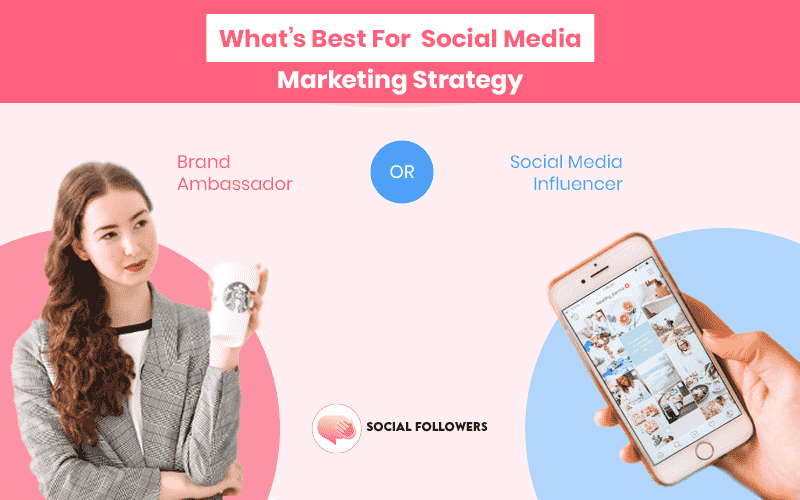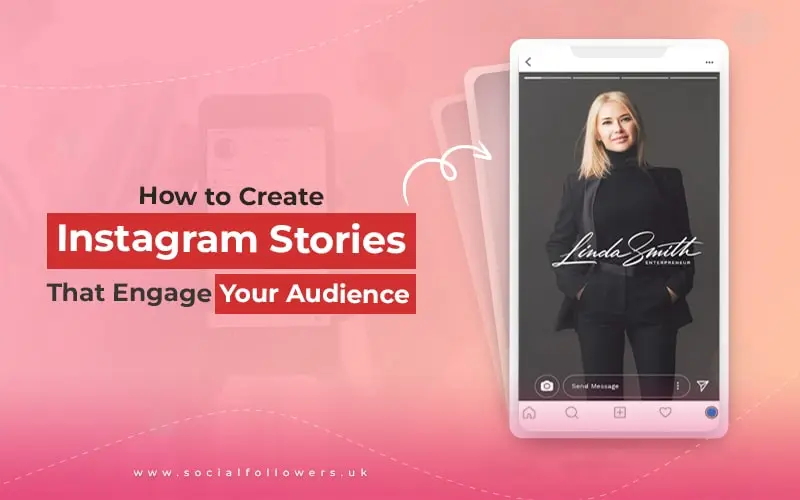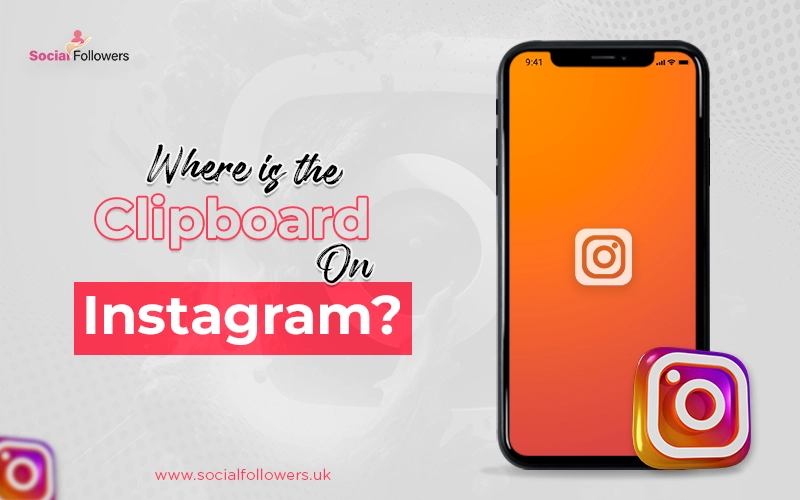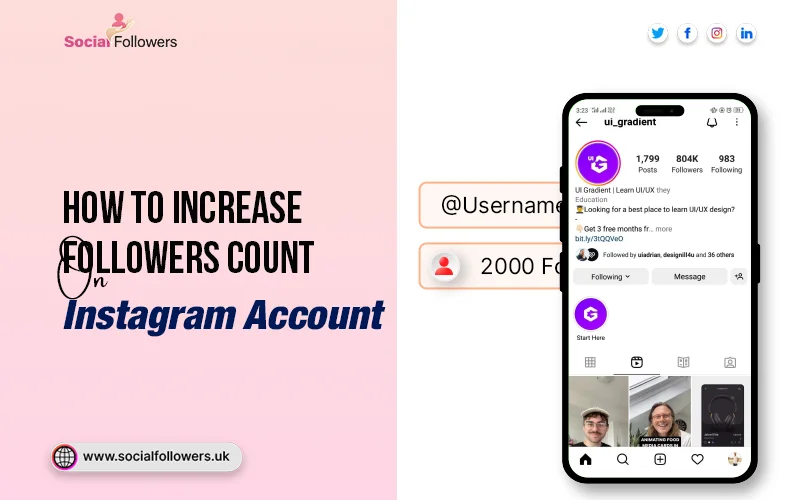Brand Ambassadors vs Influencers: Who's Right for Your Social Media Strategy?

Last Updated: Feb 11, 2025 - 5 min read

With your start-up at a virtual platform, you work hard for the efficient performance and recognition of your business. You work on creating influential messages, polishing visuals, and designing the product range for the sake of advertisement. According to a report by Smart Insights, over 5.07 billion people are now social media users, which translates to 62.6% of the world's population.
This presents a huge opportunity for businesses to reach potential customers, and leveraging social media can be a great way to do so. It is also important to remember that social media is not a one-size-fits-all solution, and businesses should tailor their strategies to best fit their target audience.
Even if you have practiced all this stuff, you feel something missing because such efforts could not necessarily build an encouraging perception of your brand. Here comes the role of brand ambassadors and influencers. All brands from Coca-Cola and Mcdonald's to Mercedes and General Electric have been depending upon celebrity endorsements.

Though people are active on social media still they look up to some influencers who could guide them in the world of marketing. In today’s world, consumers also crave authenticity and are motivated to build personal relationships with brands. This is why almost every brand is depending on influencer and ambassador marketing campaigns for designing and implementing its social media strategy. But before digging deep into the topic, it is important to see what social media strategy signifies and how it has evolved with time!
The Historical context of social media strategy
The word "strategy" has been derived from the literature on wars. The strategy was designed before going to the battleground to win over the enemy. This technique proved useful and, thus, it entered the world of business slowly. Businesses started focusing on the strategy to compete with their rivals so that their product or service could capture huge market share.

Under the ongoing influence of COVID-19, businesses continue to prioritize virtual spaces, making the formulation of a social media influencer marketing strategy more crucial than ever. Social media strategy aims at attracting more users to your website and social media network and influencing them to buy your products. Everything has gone digital! The more followers you have on social media, the more successful you are.
Brand ambassadors and influencers are the contributors to magnetizing a greater number of followers to your business under social media influencer strategy. Many businesses use these terms interchangeably. Though both of these tactics advertise your product for attracting new customers and retaining the existing ones, there exists a clear difference between influencers and brand ambassadors.
Also Read: Social Media Lead Generation Guide for 2025
Brand ambassadors: A Concise Introduction
In the world of business, there is always one rule: specially treat your clients and they would turn out to be your ambassadors. In other words, brand ambassadors are the people who are actually in love with your product and ask their friends and acquaintances to try the same. Since the ambassadors are concerned about your brand, they keep on promoting your product range by word-of-mouth. These people can be ordinary folks, celebrities, or bloggers.
For example, a saloon manager might be impressed by a certain brand’s hair products and might have the view that these were the best hair products ever launched. Such a person would become a credible ambassador for that particular hair product brand. Unlike influencers, brand ambassadors do not need scripts to talk about your brand; rather, they promote your brand in conversation with friends and families.
What to expect from a brand ambassador for your marketing strategy?
It is important to know what to expect from a brand ambassador.
- Promotion of your products on social channels
- Complete understanding of the marketing maxims
- Assistance without demands
- Honest feedback
- Social media reviews on your products
- Authentic and enthusiastic approach to your brand across social media platforms
- Innovation and creativity
In summary, a brand ambassador's social media works as an informal yet influential speaker for your brand.
Social media influencers
Influencers are the people who are capable of influencing the purchase decisions of the prospects through various means. Social media influencers have a huge number of followers and they make the best use of social media networks to build a sustained relationship with the masses. Social media influencers may
- Recommend your brand to others in a more impressive way
- Demonstrate while using your brands
- Create effective content for the promotion of your products
- Allocate sufficient time to implement social media principles
- Write articles or blog posts about the features of products
These influencers include celebrities, top-notch professionals across industries, and well-reputed bloggers. Your relationship with these influencers is thus short-term as compared to brand ambassadors.
Types of influencers
Categorically, there are three major types of influencers.

- Celebrities and superstars
These types of influencers include social media stars who have an extremely huge number of followers. They mainly come from the showbiz and sports circles. People like these celebrities ritually. Many YouTubers and Instagrammers have turned into celebrities of their huge following. As most followed person on Instagram, Cristiano Ronaldo has 649 million followers. Selena Gomez stands at about 421 million followers and Kylie Jenner claims 394 million fans on Instagram only.
- Macro-influencers
These categories of influencers have a large number of subscribers, usually between a hundred thousand and one million, with a minimum engagement rate of 5 percent.
- Micro-influencers
These social media influencers have audiences in the range of a thousand and ten thousand. This category has the lowest reach to the public as compared to the above categories. However, these people have a warm relationship with their followers and have expertise in their domain such as food, clothing, and cosmetics. Micro-influencers comment and reply to the questions of their followers more frequently and it goes to the credit of your brand.
Characteristics of an influencer
Every person who has a huge fan and follower base might not be useful as a social media influencer for your brand. For example, if your products or services are related to leather cleaning, you would not hire a fitness blogger. Consider these things while choosing an apt influencer for your brand!
-
Influencer’s industry knowledge and expertise
A clothing brand could call for a YouTuber with some stunning dress ideas for sharing and reviewing the products.
-
Greater number of followers in the targeted market
An influencer could have earned a good name and reputation in a particular industry, having followers from that specific industry. If your business is in the educational domain, you could hire a motivational speaker with a huge fan following to promote your services.
-
Researching a little about influencer’s interest in your product
Though not essential researching the background and focus of the influencer bears weight. If an influencer, by default, loves your product, there will be more convincing power in your influencer.
What to expect from social media influencers?
What to expect from influencers? Well, that mainly depends on your social media strategy. According to a report by Digital Marketing Institute, around 69% of consumers feel persuaded by influencer recommendations. Based upon the recommendations of their favorite blogger, many people carry out buying decisions. Over 60% likely to purchase after seeing an influencer use a product. However, an influencer's negative publicity can reduce product demand. For businesses like restaurants in tourist areas, partnering with travel influencers can be beneficial.
What is the difference between Influencer Marketing and Brand Ambassadors?

- Brand ambassador marketing strategy is based on genuine insights and reviews and the ambassadors usually accentuate the demand for your product by word-of-mouth. The influencer marketing strategy is different. Social media influencers might not be using your products in real life and their insights might not be genuine but they try to convince their audience through actions and demonstrations. They are good actors too!
- The relationship of the brand with brand ambassadors is long-term as compared to the influencers.
- Brand ambassadors might be getting paid for the promotion of your brand, but it is not necessary. The influencers are always paid for the promotion of your brand.
- Promoting your product could be a passion for your brand ambassadors. For influencers, on the other hand, it is their responsibility.
- Influencers are selected based on their industry knowledge, number of subscribers, and marketing expertise, while ambassadors just love your product and thus keep on endorsing it to others.
Influencer Marketing Statistics
- About 30% of markters report the highest return on investment (ROI) for influencer marketing through Instagram.
- As per Forrester, more than 70 percent of marketers invest in influencer marketing
- 90 percent of consumers trust peer approvals
- The influence of social media reviews (74%) and blogs (76%) on buying decisions remains significant.
- In 2024, global influencer marketing spending reached $24 billion. (Statista)
Where to find brand ambassadors for my small business?
Social media and local events are great places to find potential brand ambassadors. You can also consider reaching out to influencers in your field or offering incentives to existing customers to spread the word about your business.
You can also create an ambassador program, where customers can earn points or rewards for spreading the word about your business. Having an ambassador program can help to create a sense of loyalty and community among your customers.
Why do some brands use both influencers and brand ambassadors?
Brands leverage the strengths of both influencers and brand ambassadors to create a well-rounded marketing strategy. Here's why they often use both:
1. Reach vs. Engagement:
Big influencers boast massive followings, reaching a broad audience for brand awareness campaigns. According to a report by Audiense, established brands are already using influencer programs extensively.
Brand ambassadors may have smaller followings, but their audience is typically more engaged and receptive to their recommendations. Studies show creators with smaller audiences can generate 60% higher engagement.
2. Trust and Authenticity:
The influencer's endorsement can spark initial interest, but the brand association might feel impersonal with a one-time campaign.
Brand ambassadors ideally have a genuine connection to the brand and its values. This long-term relationship fosters trust and authenticity, influencing purchase decisions.
3. Content Strategy:
Influencers are often content creation experts. Brands can leverage their skills for specific campaigns, generating fresh promotional content. Brand ambassadors can be a source of ongoing content around the product or service, building a community around the brand.
Brands can utilize influencers for a quick burst of awareness and content creation, while brand ambassadors provide long-term brand association and trust building. The ideal combination depends on the brand's specific goals and target audience.
Final Thoughts
For capturing a greater presence on social media, you need to seek the services of brand ambassadors and influencers. Creating a network of brand ambassadors is easier. You just need to respect and facilitate your customers. If your product is really good, you will have several brand ambassadors. On the other hand, you need to select the influencers based on their industry, knowledge, and the number of targeted audiences who follow them. If you want to induct your social media strategy more accurately, Socialfollowers.uk is always ready to join hands with you in a professional way.

Whether you’re an influencer, business, or just getting started, we make it simple to increase your presence online. Get started today and see the difference in your reach and reputation.


